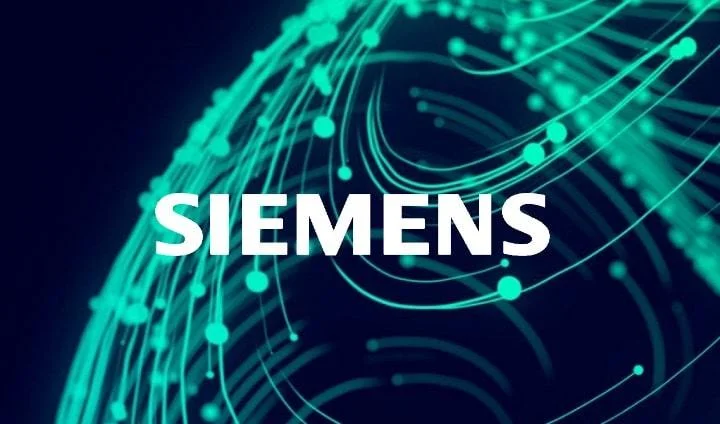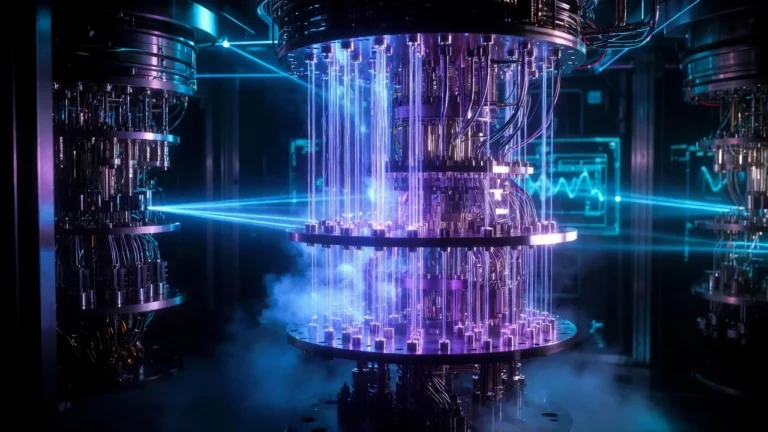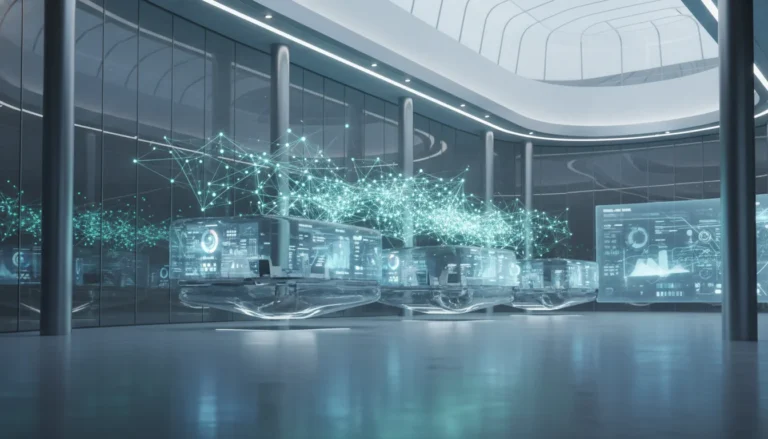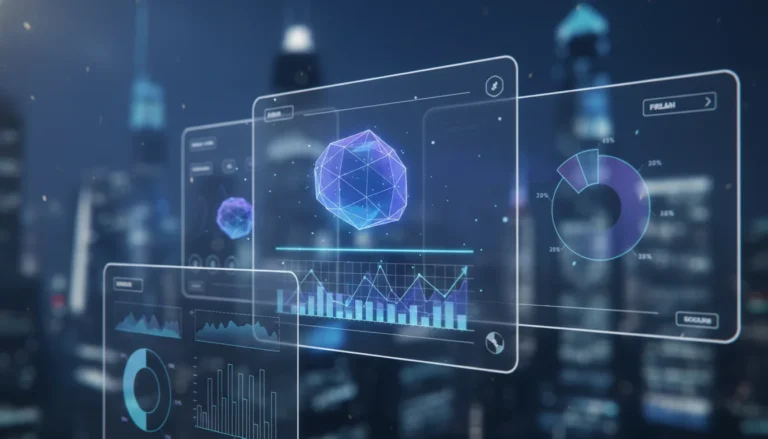
Siemens Revolutionizes Industrial Automation with AI Agents: Boosting Productivity by Up to 50%
At Automate 2025 in Detroit, Siemens unveiled a groundbreaking expansion of its industrial AI offerings, introducing advanced AI agents designed to seamlessly integrate with its Industrial Copilot ecosystem. This leap forward represents more than just incremental progress—it marks a fundamental shift from reactive AI assistants to proactive, autonomous agents capable of executing entire industrial workflows without human intervention. By automating automation itself, Siemens aims to deliver productivity increases of up to 50% for industrial companies, fundamentally transforming the way industries operate.
The Future of Industrial Automation: AI Agents at the Helm
Siemens’ new AI agent architecture is built around a sophisticated orchestrator that functions like a master craftsman. This orchestrator deploys a toolbox of specialized AI agents to tackle complex tasks across the entire industrial value chain. These agents are not only intelligent and autonomous but also continuously learn and improve over time. They can access external tools, collaborate with other agents, and adapt to changing requirements—all while maintaining user control.
“With our Industrial AI agents, we’re moving beyond the question-answer paradigm to create systems that can independently execute complete industrial workflows,” said Rainer Brehm, CEO of Factory Automation at Siemens Digital Industries. “This approach fundamentally changes what’s possible in industrial operations, enabling unprecedented levels of efficiency and innovation.”
How Siemens’ AI Agent Architecture Works
Siemens’ vision for industrial AI revolves around two key components: Industrial Copilots and the AI agents powering them. Industrial Copilots serve as the user-facing interfaces, while AI agents operate behind the scenes to execute tasks autonomously. This system extends beyond software, integrating both digital agents and physical agents, such as mobile robots, to create a comprehensive multi-agent network.
What sets Siemens apart is its emphasis on orchestration and interoperability. These AI agents don’t just work together within Siemens’ ecosystem—they also integrate seamlessly with third-party agents. This creates a unified, collaborative environment where AI agents can share data, tools, and insights, enabling industrial companies to achieve unparalleled levels of efficiency.
To accelerate adoption, Siemens plans to launch an industrial AI agent marketplace on the Siemens Xcelerator platform. This marketplace will allow customers to access a wide range of AI agents developed by both Siemens and third-party providers, fostering innovation and customization.
The Comprehensive Siemens Industrial Copilot Ecosystem
The Siemens Industrial Copilot, enhanced by Industrial AI agents, addresses every phase of the industrial value chain, from design to services. Here’s how each component contributes to operational excellence:
1. Design Copilot
Currently available for NX CAD, the Design Copilot accelerates the product design process by helping engineers navigate complex data, balance trade-offs, and perform multi-domain tasks efficiently. Engineers can ask questions in natural language, access detailed technical insights, and streamline design workflows. Additionally, Siemens is developing a Hydrogen Configurator to assist in designing hydrogen production plants, enabling users to generate precise block flow diagrams and plant layouts.
2. Planning Copilot
In pre-release, the Planning Copilot leverages generative AI to optimize production planning, resource allocation, and scheduling. Early adopters have already reported significant improvements in efficiency and reductions in waste, making this solution a game-changer for manufacturers.
3. Engineering Copilot
Available for TIA Portal with a Managed Service launching in 2025, the Engineering Copilot eliminates repetitive tasks by allowing engineers to generate automation code through natural language inputs. This speeds up SCL code generation while minimizing errors. For process industries, Siemens has also tested an AI-assisted P&ID Digitalization service that digitizes and consolidates legacy P&ID diagrams.
4. Operations Copilot
Currently available for Insights Hub, the Operations Copilot provides holistic insights into plant operations. Siemens is also developing a machine-level Operations Copilot for shop floor workers, set to launch by the end of 2025. This tool empowers operators, technicians, and maintenance engineers to query machine data and receive error resolution guidance through natural language interactions. For process industries, the Simatic eaSie assistant enables technicians to access plant and equipment data via chat or voice, enhancing reliability and safety.
5. Services Copilot
The Maintenance Copilot Senseye supports the entire maintenance lifecycle, from reactive repairs to predictive strategies. Recent expansions have demonstrated an average 25% reduction in reactive maintenance time, showcasing its ability to streamline operations and reduce downtime.
Bridging the Skills Gap in Manufacturing
One of the most significant benefits of Siemens’ Industrial Copilot ecosystem is its ability to address the growing skills gap in manufacturing. By automating routine processes and providing intuitive, AI-driven tools, Siemens makes industrial automation accessible to workers of all experience levels.
For example, at thyssenkrupp Automation Engineering, engineers have reported improvements in code quality and development speed after adopting Siemens’ technology. Similarly, at Siemens’ Bad Neustadt site, the Insights Hub Production Copilot has transformed operations by turning scattered data into actionable insights.
“In a factory environment, our Industrial AI agents connect different copilots and automate workflows across the entire value chain,” said Brehm. “This creates a unified approach that makes industrial AI accessible to everyone, regardless of their technical background. We envision a future where AI agents handle routine tasks, freeing humans to focus on innovation and problem-solving.”
A Vision for the Future: Seamless Human-AI Collaboration
Siemens’ vision extends beyond individual tools—it envisions a future where Industrial AI agents work seamlessly alongside human workers. These agents will handle routine processes independently, enabling employees to focus on creativity, innovation, and complex problem-solving. By automating automation itself, Siemens is paving the way for a smarter, more efficient industrial future.





